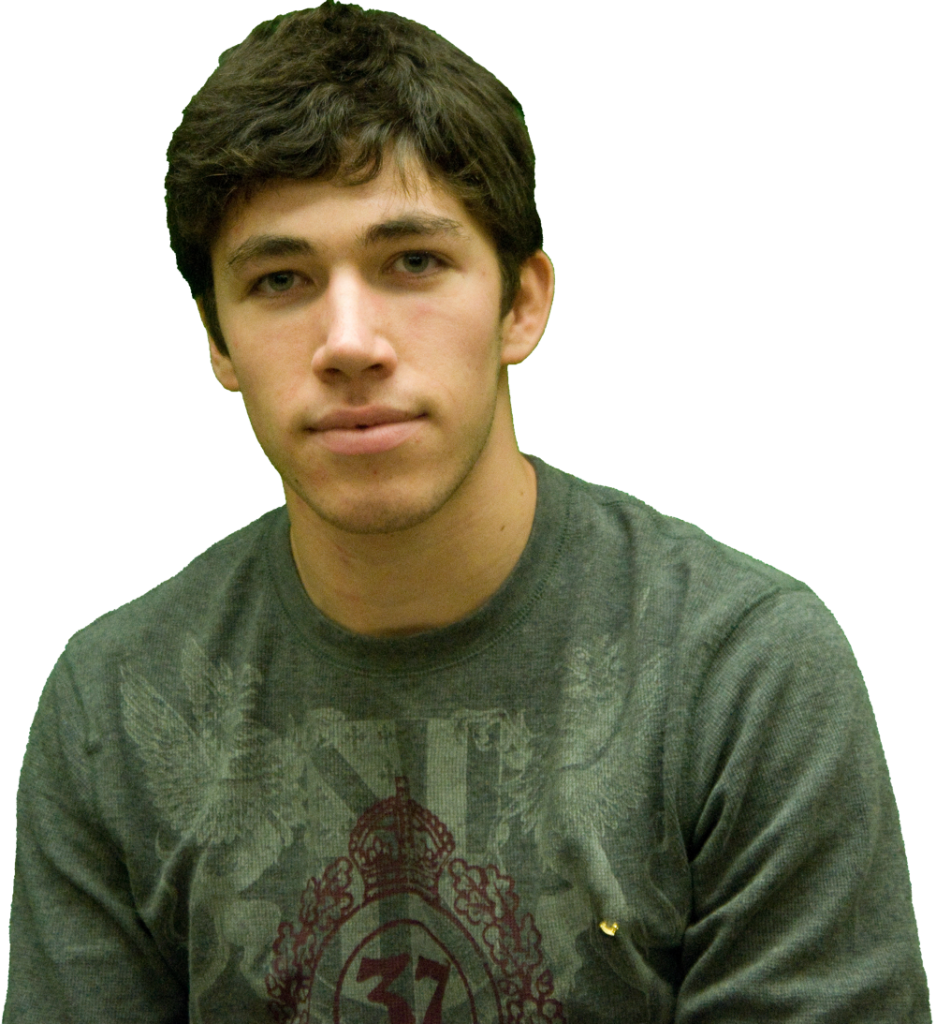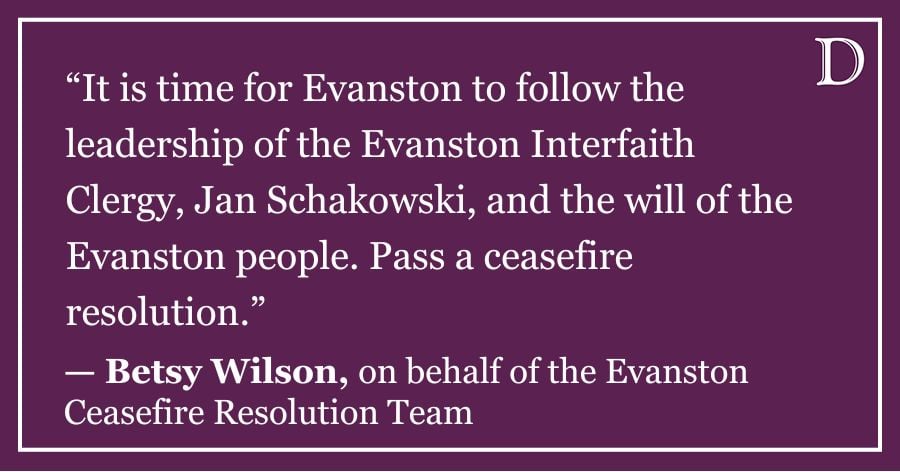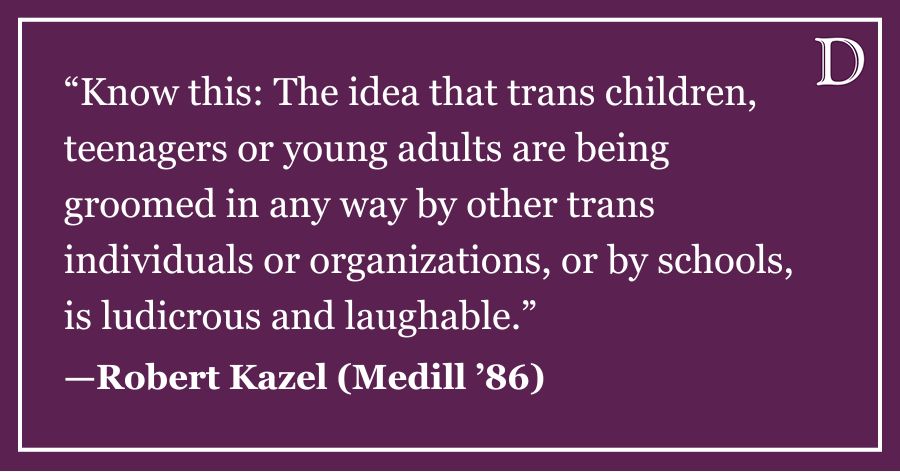Ukraine used to be home to more than 2 million Jews. I grew up hearing stories from my grandfather of a thriving Jewish community in his hometown of Maniewicze (also known as Manevychi) in Western Ukraine. Jewish children played soccer in the streets, mothers cooked Shabbat dinner feasts every Friday night, and fathers were tailors, shoemakers, bakers and milkmen. The famed movie “Fiddler on the Roof” could have depicted life in Maniewicze, Trochenbrod or any other small shtetl (a Jewish town in Eastern Europe) where my grandfather was born.
I arrived last week in western Ukraine searching for the stories of my grandfather’s past. As an 88-year-old survivor of the Holocaust, he was returning to the place of his youth for the first time in 72 years. My father and I decided to tag along for the ride.
The Ukrainian people were warm, friendly and inviting. They opened their arms to a group of Americans in search of its individual Jewish histories with both respect and honor. My grandfather was treated like a king, a talisman of the past and life in Ukraine before the Soviet Union’s cultural uniformity.
Yet nothing could hide the fact that no Jewish life remained in Maniewicze, which was once a small and bustling town home to 4,000 Jews. We visited the site of my grandfather’s home of 17 years, now in the center of Maniewicze. A new house was built on the ashes of my grandfather’s old stomping ground. Nothing was left of it after the Nazis burnt Jewish Maniewicze to the ground.
What remains in the small towns of Western Ukraine are mass graves of Jewish victims hidden in woods scattered throughout the region. The Jews were marched by the thousands to large graves dug out of sight. They stood in a line facing the graves and were executed one by one — a Holocaust by bullets.
Outside of Maniewicze, the mass grave is almost invisible, located in a small clearing within a vast sea of tall pines. A wooden fence surrounds the memorial site and as I approached, sunlight pierced through the skinny trees to fall upon the stone steps. A black stone plaque with a Jewish star at the top and Ukrainian and Hebrew writing is all that remains of Jewish Maniewicze.
My grandfather made his way slowly to the plaque to put his hand on it for the first time. He kissed it and stared down at the flowers and candles left by those before us. He faced the plaque and whispered words that I will remember for the rest of my life.
“Hello, Ma and Pa. It’s me, Chaim, your son. I came back to visit you. Your grandson and great-grandson are also here to pay their respects. I just want to tell you that I love you and that I miss you two every day.”
When my grandfather was done, we bowed our heads to say the Kaddish, the Jewish prayer to honor the dead. As I mouthed the words to a prayer I could say in my sleep, my mind wandered. I felt the wind blow against me and heard a bird tweet in the forest. Despite the somber nature of the site, there was no denying its inherent beauty and majestic quality.
After Kaddish, I spent time walking in the beautiful forest surrounding the memorial site, thinking about history and my family’s past. What began as sadness for the loss of my family transformed into a sense of completeness. By being in Maniewicze, I was continuing my family’s Jewish tradition, the trait that the Nazis worked so hard to destroy. It was a moment of redemption and fulfillment.
Wherever we go in the world, there is an unseen and unspoken past beneath the reality we see. In Ukraine, the Jewish past is horrifically absent but present at the same time. Jewish culture has been buried by decades of neglect, Soviet rule and anti-Semitism. Yet you can feel what was lost in the hearts of the Ukrainian people and the small towns in which they live. As long as there are people eager to search for them, the lives, homes and stories of the Jews of western Ukraine will never die.
In the upcoming week, Jews across the world will gather to celebrate a new year in the holiday of Rosh Hashana. It is a time of joy, appreciation and family. I will celebrate the holiday by honoring my fallen family with the gratitude of successfully rediscovering my past in Maniewicze.
Guest columnist Jonathan Kamel is a rising Weinberg sophomore. He can be reached at jonathankamel2016@u.














